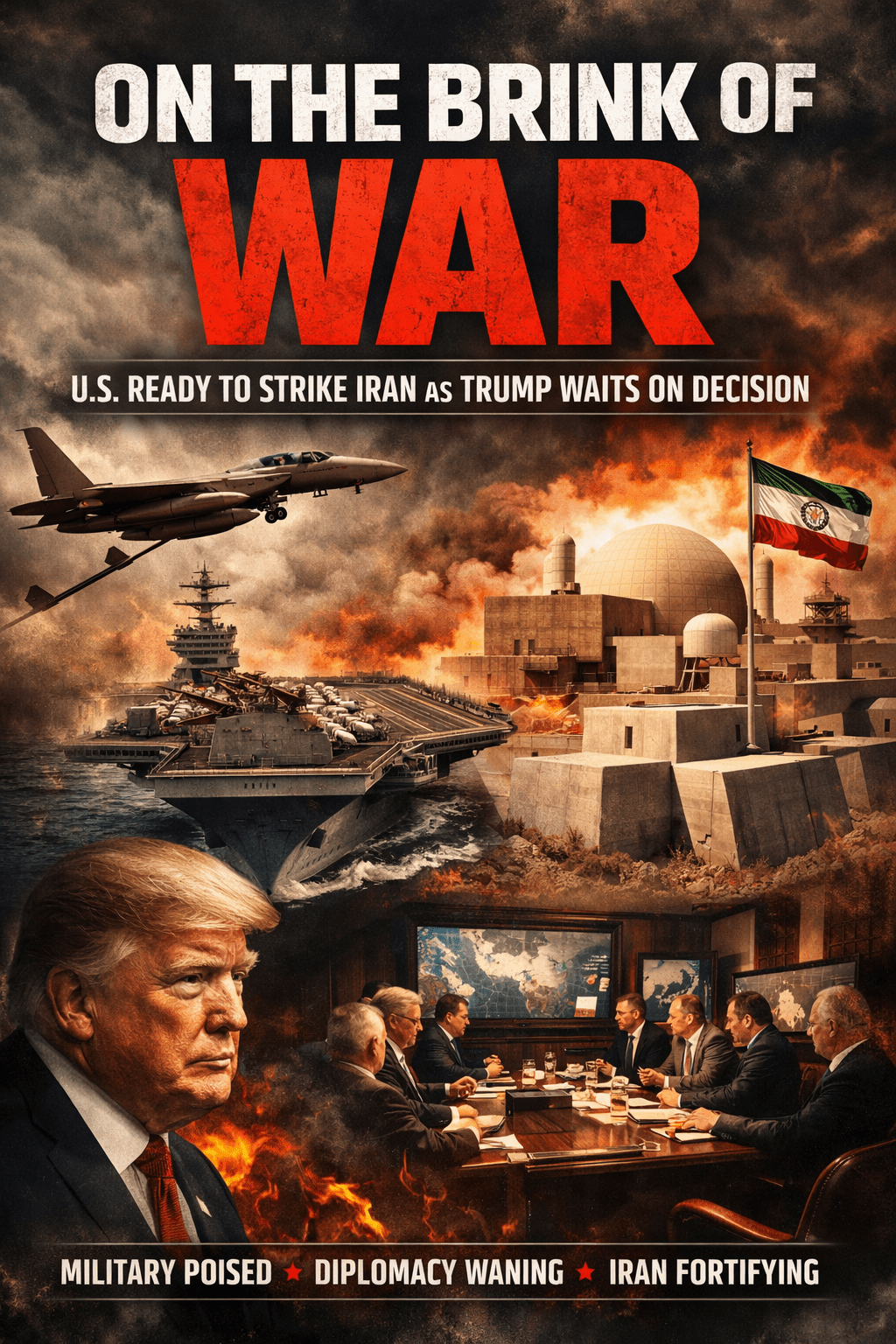Cambodian asylum-seekers in Thailand fear they could be forcibly repatriated as Thai authorities tighten security ahead of next week’s APEC summit in Bangkok, they told Radio Free Asia.
“If the Thai government supports the cause of democracy…, they should help protect us, which means that they are also protecting their own country,” said Sao Pulleak, who once led the former main opposition Cambodia National Rescue Party’s operations in Banteay Meanchey province.
Sao Pulleak has been seeking refuge in Thailand the past four years after Cambodia’s Supreme Court dissolved the party in 2017 and Prime Minister Hun Sen began a crackdown on opponents of his ruling Cambodian People’s Party.
He and other asylum seekers who fled persecution for their pro-democracy political views are worried that Thailand could determine that they are undocumented immigrants and send them back to Cambodia, where they would face Hun Sen’s wrath.
“We dare not to go outside as we please, because we fear arrest by Thai immigration,” said Chhorn Sokhoeun, another activist seeking asylum.
Thai police recently arrested 10 refugees from Vietnam’s Khmer Krom minority, – ethnic Cambodians living in Southern Vietnam – and they remain in custody, so Chhorn Sokhoeun said he is increasingly worried for the safety of his wife and three children.
Thailand doesn’t recognize asylum-seekers or refugees because it hasn’t ratified the 1951 U.N. Refugee Convention, so obtaining refugee status and carrying an ID card from the United Nations refugee agency, the UNHCR, won’t protect an individual against being detained or deported by the police.
Chhorn Sokhoeun brought five dependent family members with him to Thailand when he fled in 2019 after threats from authorities over his support of a plot by Hun Sen’s chief political rival Sam Rainsy to return to Cambodia from France, where he has been living in exile since 2015.
For Chhorn Sokhoeun, supporting his family in Thailand has been almost impossible because of his UNHCR ID scares employers away. He has therefore been jobless and his children have had to drop out of school because he had no money to support them.
Thai authorities sometimes demand bribes, Khun Deth, a refugee from Cambodia’s Pursat province, told RFA. He said Thai police extorted about 8,000 baht (about U.S. $220) from him during an ID search, threatening to send him back to Cambodia unless he agreed to pay.
“As a refugee who is actively involved in politics, if I am arrested and sent back to Cambodia, my life will not be spared,” Khun Deth said. “Cambodian authorities may kill me by dropping me into a crocodile pond. Or if not that, maybe they will shoot me. I think the Cambodian authorities will send me to jail only as a last resort.”
Cambodia is increasingly becoming an authoritarian society with rampant nepotism and corruption, said Sao Pulleak. It is heading toward dynastic rule as Hun Sen, who has ruled the country since 1985, has been preparing to anoint his son Hun Manet as ruler after he steps down.
RFA was not able to contact Katta Orn, spokesperson for the Cambodian government’s human rights committee, for comment.
Cambodian refugees should receive encouragement and support from the authorities when they are in third countries instead of more persecution, said Dy Thehoya, program officer for the Phnom Penh-based Center for Alliance of Labor and Human Rights.
“If we look into the law and the facts regarding each of their cases, they are the victims of a political system or political environment in Cambodia,” said Dy Thehoya.
Translated by Sovannarith Keo. Written in English by Eugene Whong.



